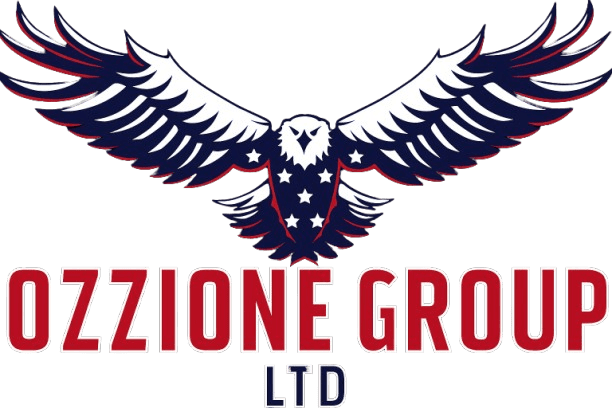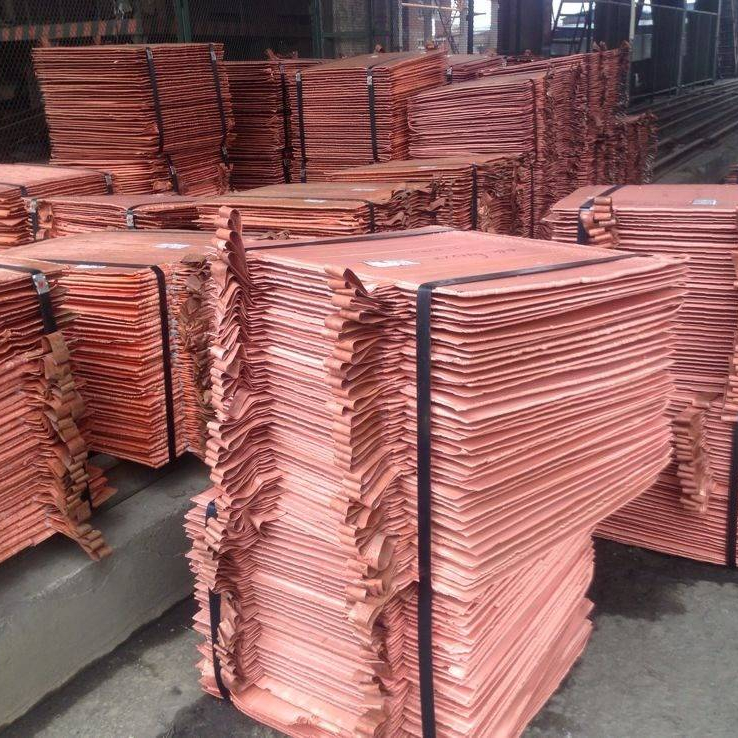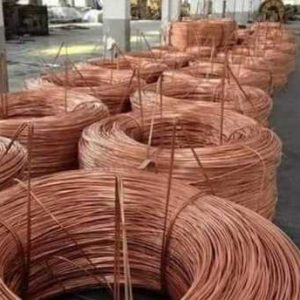Description
COPPER CATHODE: The Backbone of Modern Electrical and Industrial Applications
Copper cathode serves as a high-purity form of copper that drives progress in electrical, manufacturing, and construction industries. Electrorefining produces copper cathodes with 99.99% purity, making them one of the most valuable and widely used forms of copper.
What is Copper Cathode?
A copper cathode forms as pure copper sheets on cathode plates during electrolytic refining. These sheets typically weigh between 100 to 250 kilograms and have a flat, rectangular shape. Due to their exceptional purity, manufacturers primarily use copper cathodes to make wires, cables, rods, and other components requiring excellent conductivity.
How Do Manufacturers Produce Copper Cathodes?
The production process involves several important steps:
-
Casting Anodes: Manufacturers first cast impure copper, usually from smelted ore, into large anode plates.
-
Immersing Anodes: They then place these anodes in an acidic electrolyte solution with starter cathode plates.
-
Applying Electric Current: As the current passes through, pure copper deposits on the cathode plates, while impurities separate and settle or dissolve.
-
Harvesting Cathodes: Finally, manufacturers remove, clean, and prepare the thickened copper sheets for shipment.
Key Properties and Benefits
-
High Conductivity: Because copper cathodes contain 99.99% pure copper, they provide superior electrical conductivity, making them essential in wiring and electronics.
-
Ductility: Copper’s flexibility allows manufacturers to easily shape it without cracking.
-
Corrosion Resistance: Pure copper resists oxidation and environmental damage, ensuring longer product life.
-
Recyclability: Companies can remelt and reuse copper cathodes indefinitely without losing quality, supporting sustainable manufacturing.
Common Applications
Thanks to these qualities, copper cathodes finds extensive use in multiple industries:
-
Electrical Industry: Producers manufacture wires, cables, and connectors from copper cathodes.
-
Construction: Builders use copper in plumbing, roofing, and structural elements.
-
Electronics: Copper cathodes help make circuit boards, semiconductors, and precision devices.
-
Manufacturing: Factories use copper as the base for alloys, rods, and other industrial parts.
Market Outlook
Global demand for copper cathode grows steadily due to expanding infrastructure, renewable energy projects, and the rise of electric vehicles. Consequently, companies increasingly rely on copper cathodes for their durability and conductivity.
Conclusion
In summary, copper cathodes plays a crucial role in modern industry. Its purity, excellent electrical properties, and recyclability make it a preferred material for manufacturers seeking sustainable and efficient solutions. Therefore, whether your business focuses on electrical, construction, or advanced manufacturing, sourcing high-quality copper cathode remains vital for success.




Reviews
There are no reviews yet.